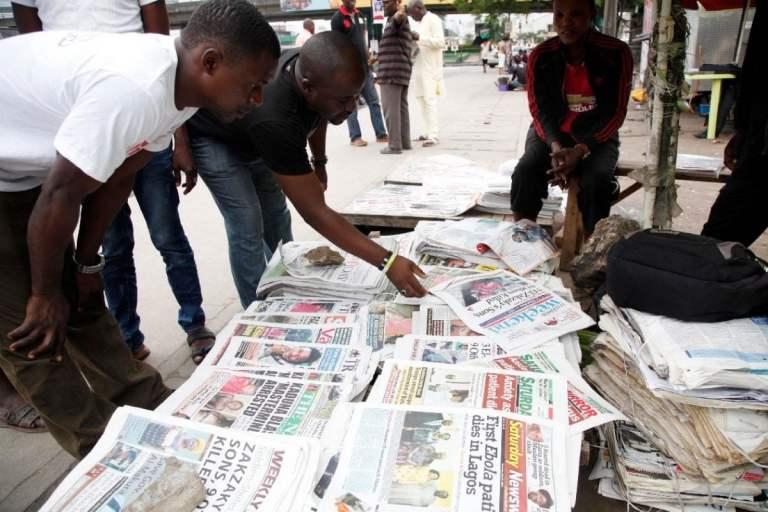Bayo Ojulari, the Group Chief Executive Officer of the Nigerian National Petroleum Company Limited, has praised the Dangote Petroleum Refinery as a critical stabiliser of Nigeria’s energy system, amid the state-owned oil company’s challenges in operating its government-owned refineries and meeting domestic fuel demand.
Ojulari, who spoke during a fireside chat titled“Securing Nigeria’s Energy Future” at the Nigeria International Energy Summit 2026 on Wednesday in Abuja, said the existence of a functional local refinery provided NNPC with much-needed “breathing space” amid intense pressure to maintain fuel supply continuity.
He said the Dangote Refinery has been a major relief for Nigeria’s fuel supply, urging Nigerians to appreciate its impact regardless of personal views about its owner, noting that the plant’s operations had drawn applause from participants at the event.
“Thank God for Dangote Refinery. Thank God. Whether you love Dangote, you hate him, say whatever you want to say, Nigerians should thank God for Dangote,” Ojulari said, drawing applause from the audience.
According to him, the coming on stream of the 650,000 barrels-per-day refinery marked a major relief for Nigeria at a time when legacy state-owned refineries were still struggling to deliver at scale.
Ojulari stressed that beyond capacity, the refinery’s local ownership was equally significant for national energy security.
“Thank God he’s a Nigerian. He’s not someone from another continent or another planet. Despite everything, that gave us an opportunity because we have a refinery that is working,” he said.
While acknowledging that the refinery does not yet meet Nigeria’s full domestic fuel demand, the NNPC boss said its operations have significantly reduced vulnerability in the supply chain.
“Yes, it may not meet our full needs, but it gives us a breathing space. And luckily, we are shareholders in that refinery as well,” he noted.
Ojulari’s remarks signal a notable shift from years of tension between NNPC and the Dangote Group, which had previously clashed over issues ranging from crude supply terms and regulatory approvals to pricing and market-dominance concerns.
Under past leadership, the relationship was often characterised by public disagreements and mutual suspicion, with Dangote accusing state institutions of frustrating the refinery project. At the same time, regulators insisted on enforcing market and quality standards.
However, Ojulari said the current NNPC leadership has adopted a more pragmatic approach anchored on collaboration rather than confrontation.
“So we said, what’s the hurry? We have a refinery that is working. It’s not owned by NNPC, but it’s a Nigerian refinery, built in Nigeria, working in Nigeria,” he said.
He disclosed that NNPC has since engaged directly with Dangote to develop a framework for cooperation aligned with the Petroleum Industry Act.
“Our strategy is to collaborate with the Dangote Refinery and maximise the value delivered to Nigerians. That was our first strategy. We had a meeting with Alhaji Dangote, explained our institutional responsibilities, and we agreed on the pathway towards deeper collaboration while maintaining our role as NNPC,” Ojulari explained.


 Privacy5 years ago
Privacy5 years ago
 News5 years ago
News5 years ago
 Entertainment4 years ago
Entertainment4 years ago
 News5 years ago
News5 years ago
 Opinion5 years ago
Opinion5 years ago
 News5 years ago
News5 years ago
 Sports4 years ago
Sports4 years ago
 Entertainment4 years ago
Entertainment4 years ago














